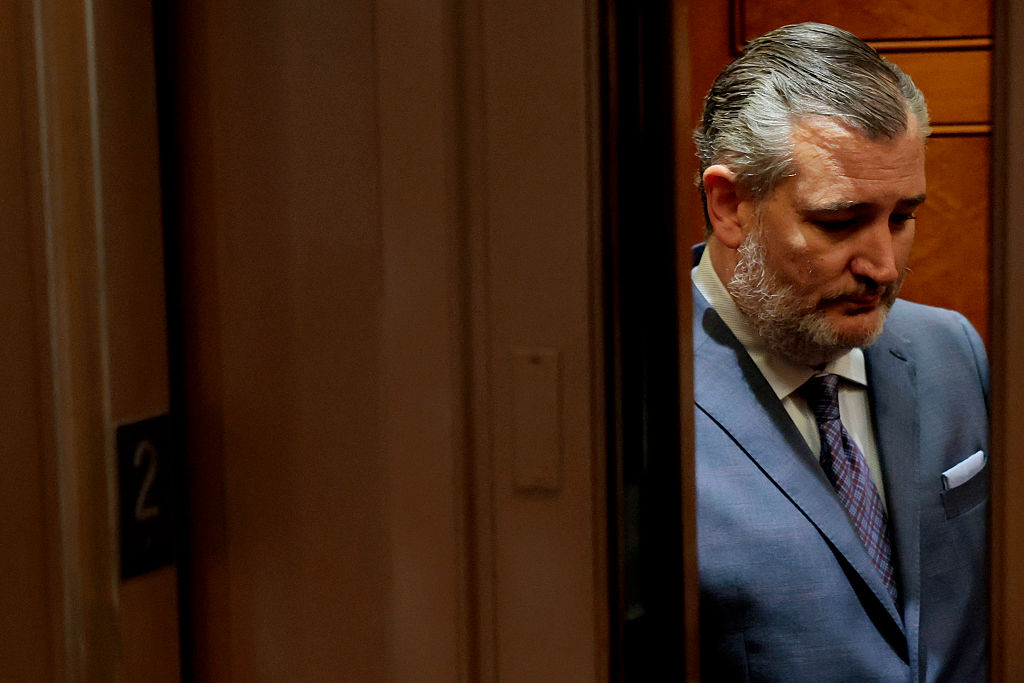The Federal Communications Commission (FCC) is facing renewed scrutiny after Chairman Brendan Carr defended his decision to suspend Jimmy Kimmel Live! following a monologue in which host Jimmy Kimmel criticized conservative activist Charlie Kirk. Carr called Kimmel’s comments “truly sick” and argued that broadcasters have a responsibility to operate in the public interest. ABC affiliates complied with Carr’s request, pulling the segment from circulation.
The suspension has reignited a debate over government involvement in editorial decisions. President Donald Trump has publicly suggested that the FCC should reassess the licenses of networks he perceives as biased, highlighting his administration’s willingness to use regulatory power to influence media coverage.
Sen. Ted Cruz weighed in, warning that conservatives could regret supporting FCC censorship efforts. He argued that using government authority to limit commentary sets a dangerous precedent, potentially chilling political speech and satire.
Carr has also suggested reviewing whether ABC’s The View qualifies as a “bona fide news program,” exempt from equal-time rules, a move that has raised concerns among media watchdogs about overreach and inconsistent enforcement. Critics say these actions risk blurring the line between regulation and censorship, particularly for shows that mix news, commentary, and satire.
Media analysts are watching closely as this story develops. The FCC’s intervention, combined with political pressure, could reshape late-night programming and commentary shows, raising important questions about free speech, government influence and the future of political satire on U.S. television.


